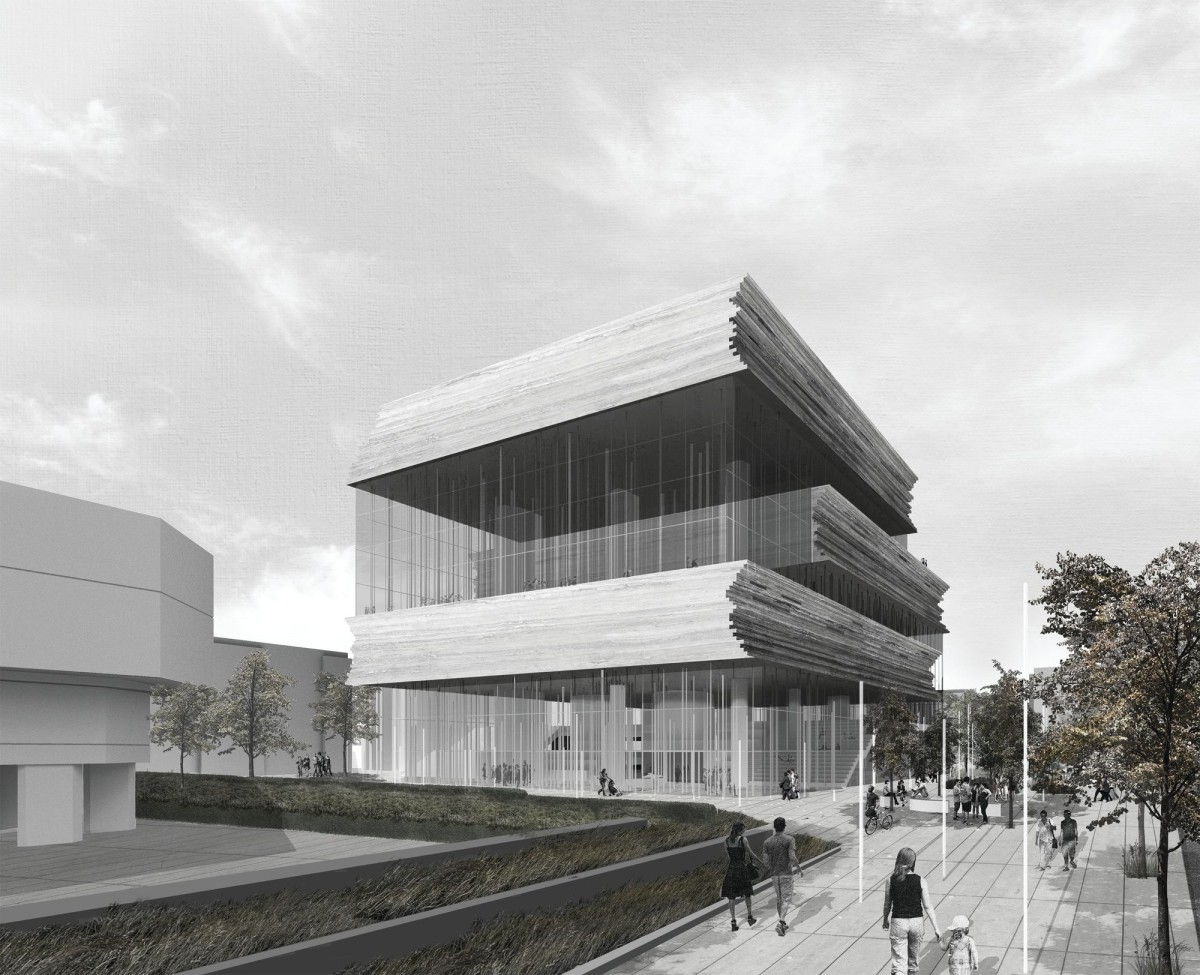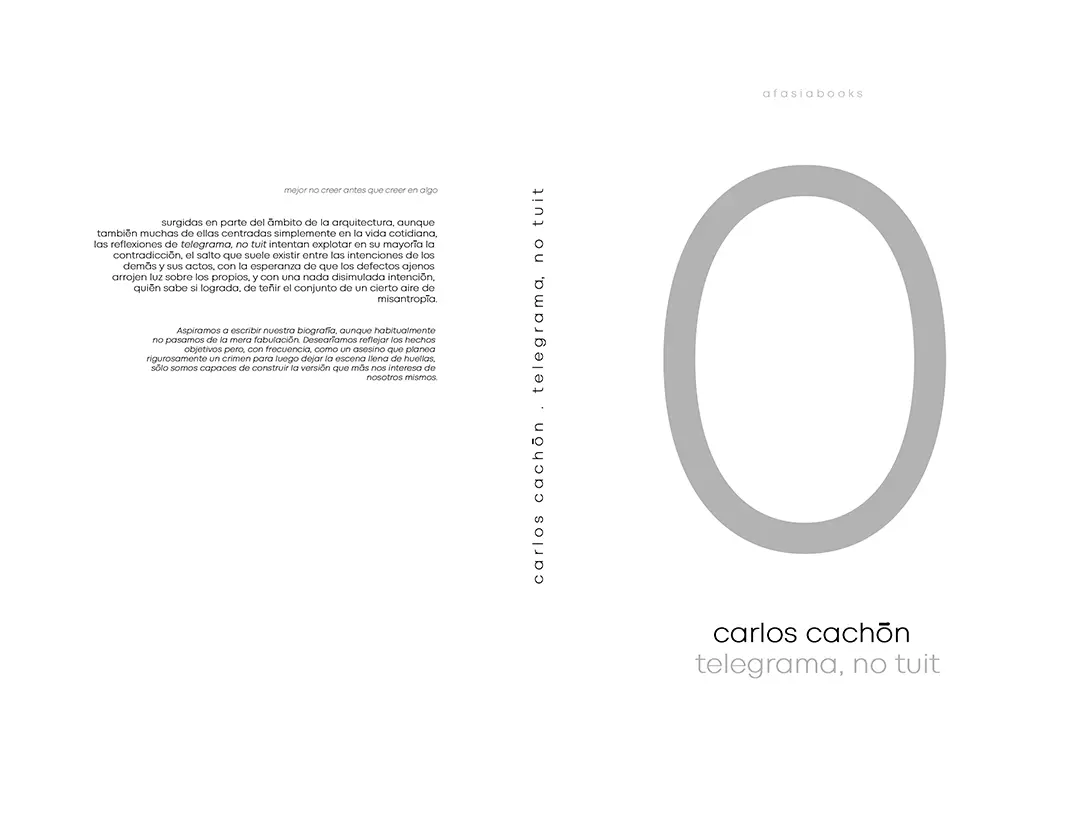
The numerous vacant lots in Chicago represent urban inequity that is propelled by—and a symptom of— property ownership. As more residents are living in precarity, the urban commons, wherein a shared resource is collectively managed and governed, have taken on a new importance. By sharing resources, residents can have access to more resources without economic burden. While domestic commons (or communes) have historically offered meaningful forms of agency to residents, they have struggled to become a widespread model for living. This is not surprising, as communes rely on an intimate scale of decision making which is eased through having a more homogeneous group of residents. This design-research project addresses these issues by decentering the commune into an urban commons that could occupy vacant publicly-owned lots in Bronzeville. This entails separating the programs of the traditional co-living house into a range of structures and spaces that are locally tailored to individual sites. As a network of buildings, additional scales of sharing resources are generated amongst residents and the neighborhood. The design challenges the enclave nature of communes to encourage full integration with the neighborhood. Continue reading The Open Workshop


